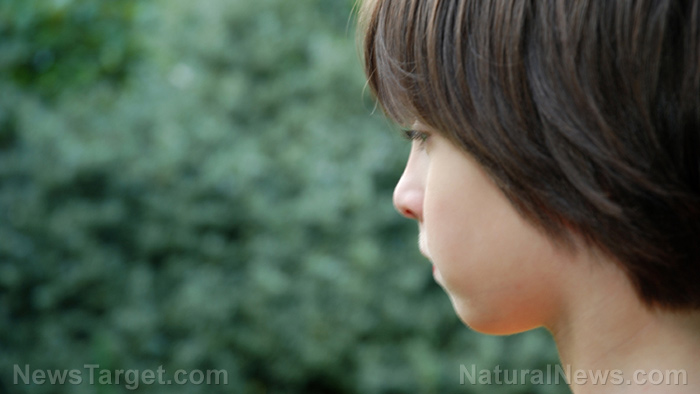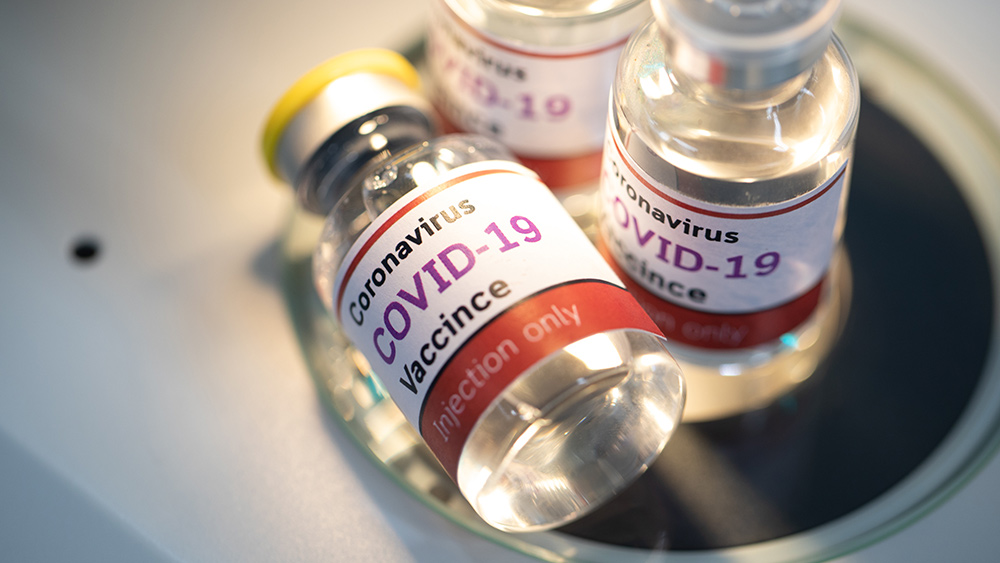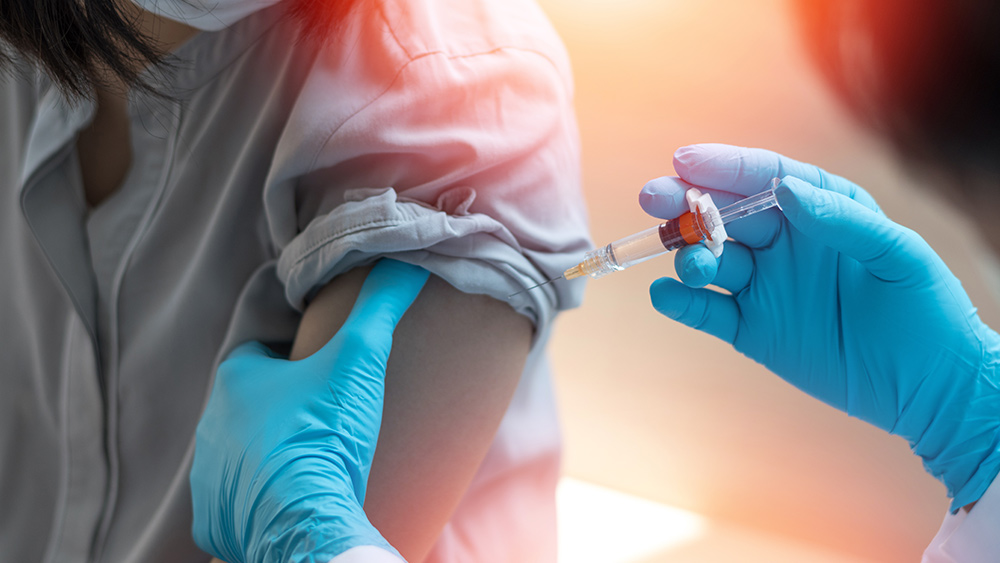
New research out of Turkey has found that injecting mammals with Wuhan coronavirus (COVID-19) "vaccines" causes autism while lowering neuronal counts in the brain.
The peer-reviewed research, published in the Neurochemical Research journal, looked at the links between mRNA (modRNA) COVID shots and neurodevelopmental disorders. They focused specifically on autism, a common side effect of childhood vaccination.
(Related: Back in 2022, the U.S. Centers for Disease Control and Prevention [CDC] finally admitted that the aluminum found in many childhood vaccines causes autism.)
Using pregnant rats as their subjects, researchers injected Pfizer's mRNA injection during gestation, which had a "profound impact on key neurodevelopmental pathways." The female rats' male offspring exhibited "pronounced autism-like behaviors, characterized by a marked reduction in social interaction and repetitive patterns of behavior."
"Furthermore, there was a substantial decrease in neuronal counts in critical brain regions, indicating potential neurodegeneration or altered neurodevelopment. Male rats also demonstrated impaired motor performance, evidenced by reduced coordination and agility."
Males incur far more damage from COVID shots than females
For their research, scientists assigned female rats to two groups: the first group receiving an intramuscular saline injection on the 13th day of gestation, and the second group receiving Pfizer injections that same day. Group 1 had seven female rats, and Group 2 had eight rats, totaling 15 rats.
In the end, 41 offspring rats were born, 20 among the saline group and 21 among the "fully vaccinated." On day 50 after birth, the offspring were subjected to multiple behavioral tests, including:
• Open Field Test, which looks at offspring's general locomotor activity and anxiety
• Novelty-Induced Rearing Behavior, which evaluates offspring for exploratory behaviors
• Three-chamber Sociability and Social Novelty Test, which assesses offspring's sociability
• Rotarod Test, which looks at offspring's motor skills and endurance
One thing that really stood out after this barrage of tests was the fact that a "significant difference" was observed between the male and female groups in terms of their motor coordination and balance. In short, the male offspring exhibited "more pronounced" impaired abilities.
As for motor coordination and balance, there were no such sex-based differences observed between the vaccine and saline groups.
In terms of sociability, male offspring in the vaccine group were observed to spend "significantly less time" with other rats considered to be "strangers" compared to the male offspring of the saline group.
What these findings underscore, according to the researchers involved, is "the importance of considering sex as a biological variable in vaccine research and highlights the need for targeted studies to further explore the implications of these sex-specific effects."
The study received funding from the Scientific and Technological Research Council of Turkey, and the authors declared no conflicts of interest.
Following the research, all the rats were euthanized and their brains extracted and subjected to biochemical and histological evaluations, the latter referring to the microscopic structure of organs, tissues and cells.
Once again, the males from the jabbed group of rats showed "significantly decreased neuronal counts" in certain regions of the hippocampus, the part of the brain tasked with forming new memories, learning and emotions, compared to males from the saline group.
The jabbed rats' Purkinje cell count in the cerebellum was also "significantly lower" than the saline group, Purkinje cells being a type of neuron located in the brain.
As for BDNF levels, this being a protein that influences brain functions such as new neuronal growth, prevention of existing brain cells dying and cognitive functionality, both male and female offspring from the vaccine group showed "significantly decreased" levels compared to male and female offspring from the saline group.
"The COVID-19 mRNA vaccine seems to induce autism-like behaviors in male rats, impacting the WNT and BDNF pathways in both genders," the study concludes. "This gender-specific outcome emphasizes questions on the vaccine's influence on brain function and structure."
The latest news about the death-imposing effects of COVID "vaccination" can be found at ChemicalViolence.com.
Sources for this article include:
Please contact us for more information.















